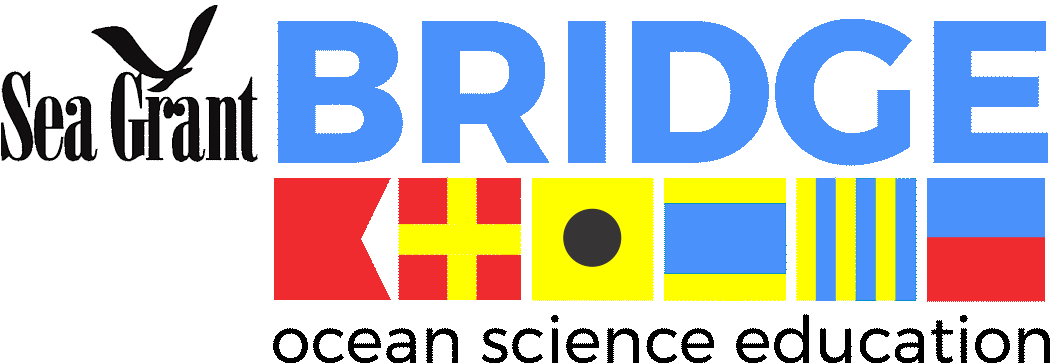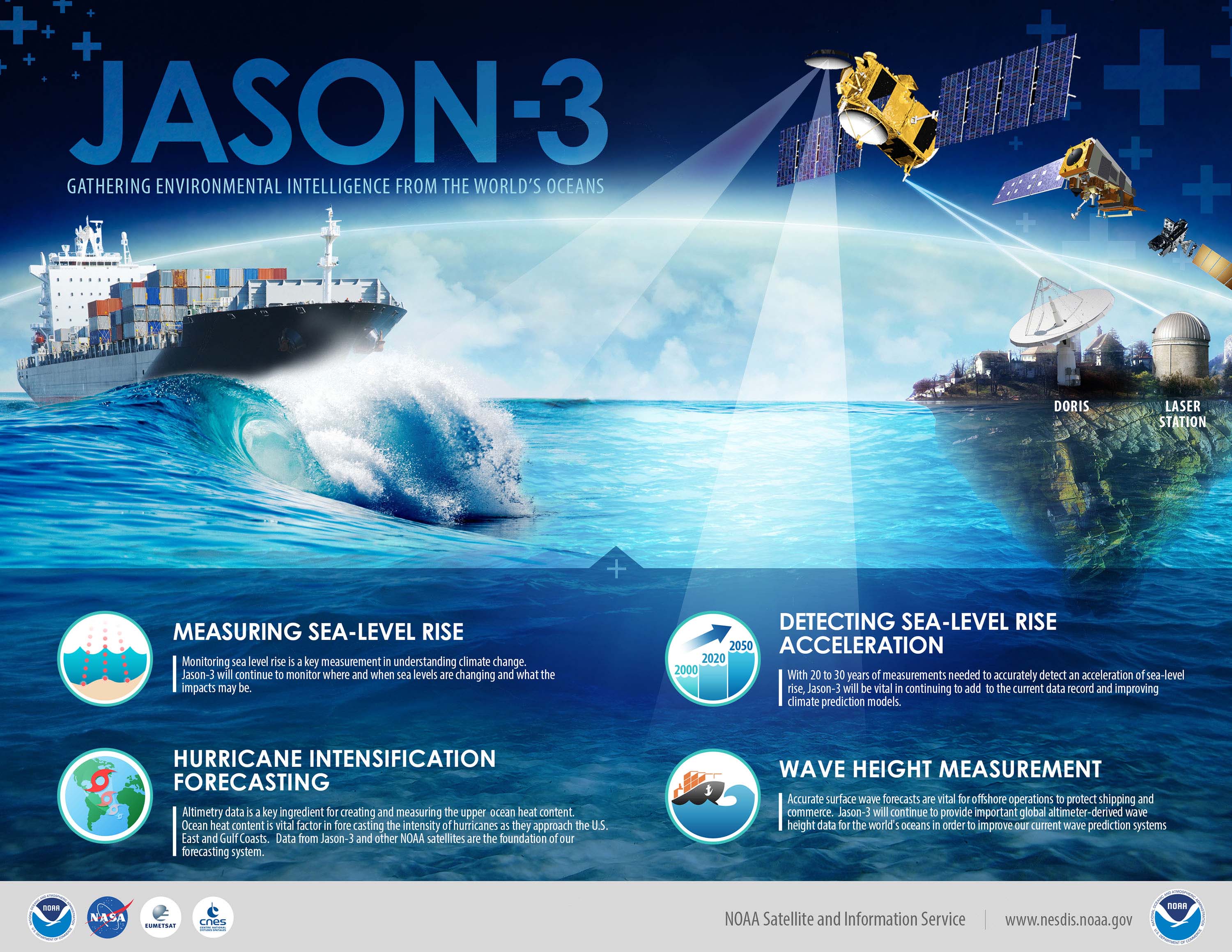Page 1 of 5
Institute of Navigation
Ten instructional modules on navigation topics include: motivation for students; background and assessment materials; activity descriptions and worksheets; teacher tips and resources. Topics cover: introduction to navigation, latitude and longitude, map reading; dead reckoning and celestial navigation; trigonometry applications; effects of errors in navigation; using topographical maps triangulation; Global Positioning System; space navigation and more. Apply to math, earth science, technology or maritime science studies.
Grade Level: Middle school
EPA Welcome to the Water Sourcebooks
Online curriculum guides for K-12 with over 324 activities related to wetlands, coastal waters, and water resources. Each grade section (K-2, 3-5, 5-8, and 9-12) is divided into five chapters: Introduction to Water, Drinking Water and Wastewater Treatment, Surface Water Resources, Ground Water Resources, and Wetlands and Coastal Waters.
Grade Level: Primary elementary,Intermediate elementary,Middle school,High school
Project WET
Project WET (Water Education for Teachers) is a nonprofit water education program and publisher for educators and young people ages 5-18. Site features information on its renowned training workshops, where participants receive a collection of over 90 K-12 broad-based water resource activities. Site also includes a catalog of other classroom resources available for purchase. Site also available in Spanish and French.
Grade Level: Primary elementary, Intermediate elementary, Middle school, High school, Graduate or professional
NASA Aquarius: Sea Surface Salinity from Space - Classroom Activities
Launched in 2011, NASAs Aquarius satellite monitors sea surface salinity in all the worlds oceans. The Aquarius Education pages offer many classroom activities, lab investigations, vivid teacher demos, and multimedia resources related to seawater, salinity, density, buoyancy, conductivity, and the hydrologic cycle, as well as physical oceanography and ocean circulation more broadly.
Grade Level: Primary elementary,Intermediate elementary,Middle school,High school
NOAA's National Ocean Service: Education
The NOS Education website advances ocean literacy through a wealth of resources for teachers and students. Follow the link to the Lesson Plan Library for many lessons on diverse marine science topics, organized by their connection to general biology, chemistry, physics, Earth science, and mathematics.
Grade Level: Middle school,High school
National Marine Sanctuaries Education: For Teachers
Follow the Curriculum link for instructional units, lessons, and activities on a rich variety of marine science topics. Other resources include field activities and methods, virtual sanctuary field trips, and data-driven investigations. Teachers can arrange Sanctuary access to conduct intertidal monitoring, data collection, and analysis. NMS also offers regional and topical training workshops for teachers, hands-on programs for classrooms, and grant opportunities for developing outdoor education.
Grade Level: Intermediate elementary,Middle school,High school,Graduate or professional
Island Explorers Marine Science Program Curriculum
K-8 hands-on curriculum developed by the University of Southern California Sea Grant program. It is divided into four units: 1. What is the Ocean? 2. What Lives in the Ocean? 3. How Do Organisms Interact with Each Other? and 4. Human Impact on the Ocean.
Grade Level: Primary elementary, Intermediate elementary, Middle school
Alaska Seas and Rivers Curriculum
Complete marine/aquatic curriculum for K-8 grades that address Alaska science content standards. Topics covered include ecosystems, watersheds, habitats, salmon, sea otters, and climate change.
Grade Level: Primary elementary,Intermediate elementary,Middle school
Education and Research: Testing Hypotheses (EARTH)
A bounty of lessons, lab activities, and real-time data mining exercises developed in conjunction with teachers participating in the Monterey Bay Aquariums EARTH summer institutes. Topics span a wide range of topics in marine biology, ecology, geology, chemistry, and physics, as well as ocean policy and satellite and ocean observing systems technology. Lesson plans include learning objectives, key concepts, assessments, and extensions.
Grade Level: Middle school,High school,Graduate or professional
Aquarius Undersea Research Station Lesson Plans
These lesson plans in life sciences, physical science, chemistry, and engineering link to projects of the Aquarius undersea research station in the Florida Keys. Topics include the impacts of buoyancy, pressure, and light on underwater research; effects of physical oceanography on coral reefs; effects of water temperature on coral/zooxanthellae symbiosis; engineering of AUVs; fish survey techniques; chemical ecology; experimental design and more. Links to Aquarius expeditions and resources for teachers and students.
Grade Level: High school
1 | 2 | 3 | 4 | 5 | Next >





